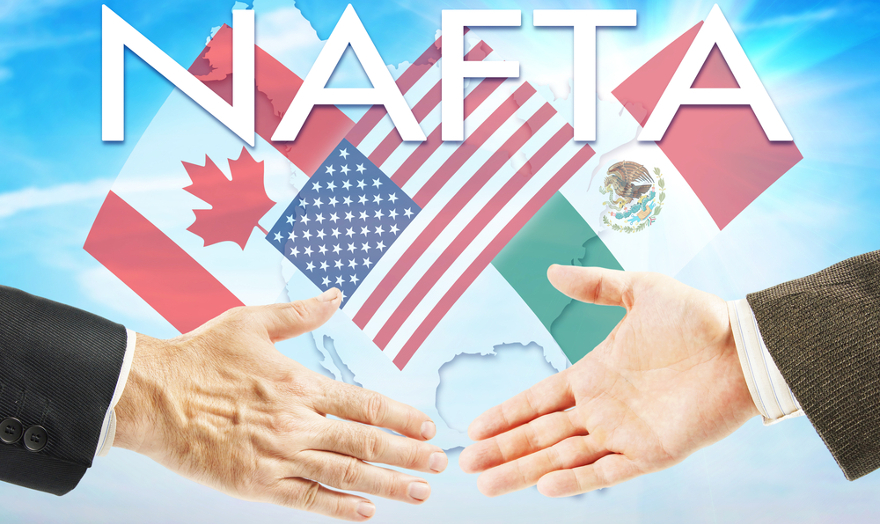NAFTA renegotiations could impact Canadian automakers

By subscribing, you agree to receive communications from Auto Remarketing and our partners in accordance with our Privacy Policy. We may share your information with select partners and sponsors who may contact you about their products and services. You may unsubscribe at any time.
Record new-vehicle sales are boosting Canadian automaker’s performances.
But that might not be the case for long.
The Conference Board of Canada warned in a report that Canadian auto exports could be at risk under North American Free Trade Agreement (NAFTA) renegotiations. The report, Canada’s Motor Vehicle Manufacturing Industry: Industrial Outlook, explains potential changes in rules of origin for autos and parts could impact Canadian auto exports and production.
Demand for Canadian vehicles south of the border has been strong since last year, when the exchange rate made it profitable for U.S. dealers to source inventory from up North.
And demand for Canadian vehicles is forecast to remain strong.
But with “rising industry costs, a strengthening Canadian dollar and a temporary pullback in production volumes by GM,” The Conference Board of Canada shared the tailwinds Canadian automakers are currently enjoying may soon be offset.
Subscribe to Auto Remarketing to stay informed and stay ahead.
By subscribing, you agree to receive communications from Auto Remarketing and our partners in accordance with our Privacy Policy. We may share your information with select partners and sponsors who may contact you about their products and services. You may unsubscribe at any time.
And the greatest risk for Canada’s motor vehicle manufacturing sector is the unknown: trade uncertainty, to be specific.
It is expected that the U.S. may try to adjust the current rules of origin for autos and parts in the upcoming NAFTA renegotiations.
“Currently, light autos, engines, and transmissions must have 62.5 percent North American content before they can be imported duty-free into Canada,” The Board of Canada report shared.
The Board of Canada shared the following scenarios at potential outcomes:
■ An increase in the current levels of required North American content, or the imposition of U.S.-specific content requirements.
■ If too restrictive, changes in the rules of origin embedded in NAFTA could reduce the attractiveness of the region for auto-related investment.
“The current uncertainty in North American trade relations poses a risk to automakers’ investment and production on Canadian soil. Potential changes in rules of origin for autos and parts could tap the brakes on Canadian auto exports and production,” said Michael Burt, director of industrial economic trends at The Conference Board of Canada.


